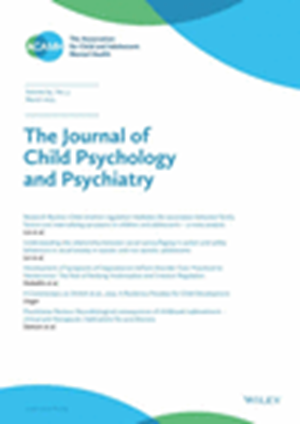Oral language intervention in the late primary school years is effective: evidence from a randomised control trial
Abstract
Background
Oral language skills provide the foundation for formal education, and children may require language support over an extended period of time to maximise their education potential. Most work on language intervention, however, has focussed on the preschool or early school years. Here, we describe the development and evaluation of the Oral Language for Literacy Intervention (OLLI) programme which is designed to support children with weak language skills in the later primary school years.
Methods
We conducted a randomised control trial in 33 schools (50 classrooms). The language skills of all 8–9 year-old children in each participating classroom (n = 1,423) were assessed using an automated app (LanguageScreen). The six children with the weakest LanguageScreen scores within each classroom (n = 296) were randomly allocated to the intervention (n = 148) or control group (n = 148). The children in the intervention group received the OLLI programme delivered in individual and small group sessions over 20 weeks. Children in the control group received their typical teaching.
Results
Children receiving the OLLI programme made significantly larger gains than children in the control group on a preregistered latent variable reflecting standardised measures of oral language ability (d = 0.38) and on a measure of their written expression (d = 0.42).
Conclusions
These findings have important implications for improving educational attainment in children in the late primary school years. The OLLI programme is designed to be deliverable at scale and is of relatively low cost.


 求助内容:
求助内容: 应助结果提醒方式:
应助结果提醒方式:


